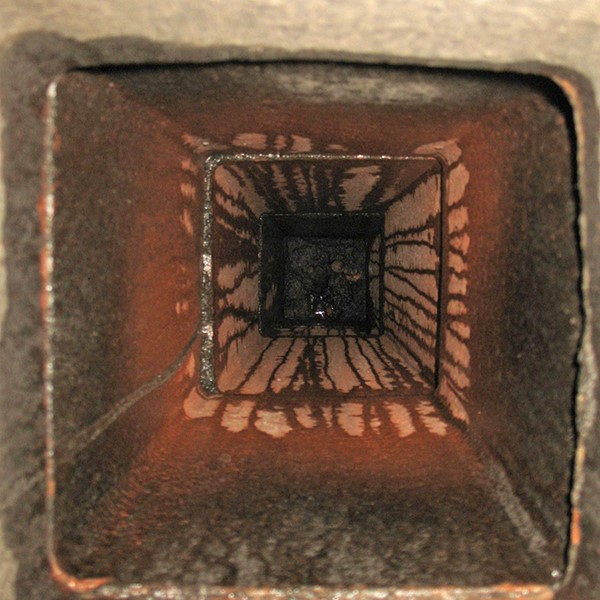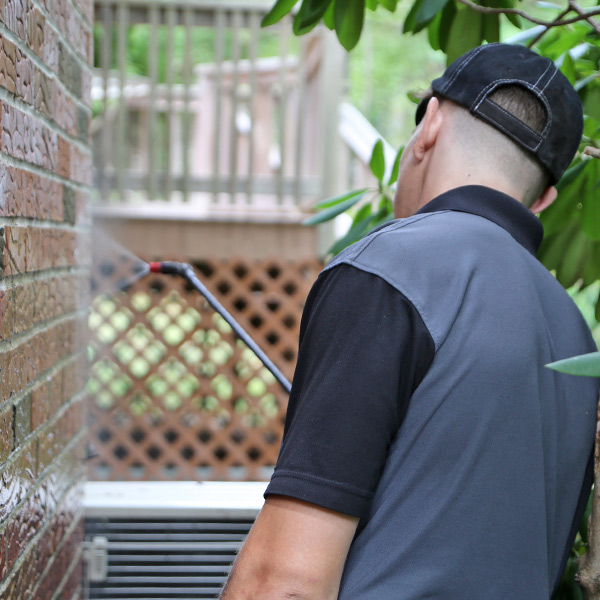Should You Use a Chimney Sealant?
Every homeowner, regardless of the size, location, or age of their home, faces one universal problem: moisture. A single incident of water damage can cause thousands of dollars worth of repair costs. This also applies to a home’s chimney. Ward off moisture damage with chimney sealant. A much-debated topic, today we’re going to address whether or not you should use a chimney sealant on your chimney system.
 The moisture problem
The moisture problem
As with any other part of your house, moisture can create a wide variety of problems including mold and algae growth. Specific to your chimney, moisture that makes its way into your masonry can also lead to a variety of structural issues. The freeze-thaw cycle magnifies this problem as water fills cracks, expands during a freeze, and then leaves larger cracks during a thaw.
Signs you need a chimney sealant
Moisture damage will present itself in several ways, including:
- Efflorescence: This is a leftover, white material that essentially is made up of mineral salts. When moisture is present and evaporates, it leaves behind this substance.
- Cracks: Cracks in your brick, mortar, and concrete all point to the freeze-thaw cycle.
- Spalling: A little rarer of a term, this is essentially peeling or flaking bricks.
- Physical damage: This includes damaged mortar joints, loose or missing bricks, as well as a leaning structure.
Repairing moisture damage
Before applying a sealant to your chimney, you should first repair the damage. Masonry cracks can be repaired via repointing or tuckpointing. Some water damage occurs due to a broken cap or crown; replacing or repairing those can prevent further damage.
In some extreme cases, you may need to replace some or all of your physical flue. In addition, rusted metal components such as flashing and your chase should also be replaced.
Should you use a chimney sealant?
We encourage all of our Northeastern Chimney, LLC customers to apply a sealant to their chimneys. We believe that this layer of protection can help prevent water damage and significantly extend the life of your chimney — sometimes upwards of 25 years.
Once you’ve mitigated existing problems, the next step is to apply sealant. We recommend a vapor-permeable sealant. This prevents water from penetrating your masonry while, at the same time, allowing the pores within the structure itself to physically “breathe.”
However, we also encourage homeowners to leave this particular task to the professionals. Certified chimney technicians understand how to properly apply sealant while keeping themselves safe in the process.
 Why you should use a chimney sealant
Why you should use a chimney sealant
In short, chimney sealants protect your chimney’s masonry from moisture. It helps to prevent cracks, reduces the likelihood of leaks, and extends the life of your chimney’s physical structure.
If you don’t know if your chimney has had sealant applied to it, or would like to schedule an inspection, let us know. It’s easy to get in touch with the team at Northeastern Chimney, LLC. Call us at 860-233-5770 or contact us through our website.


